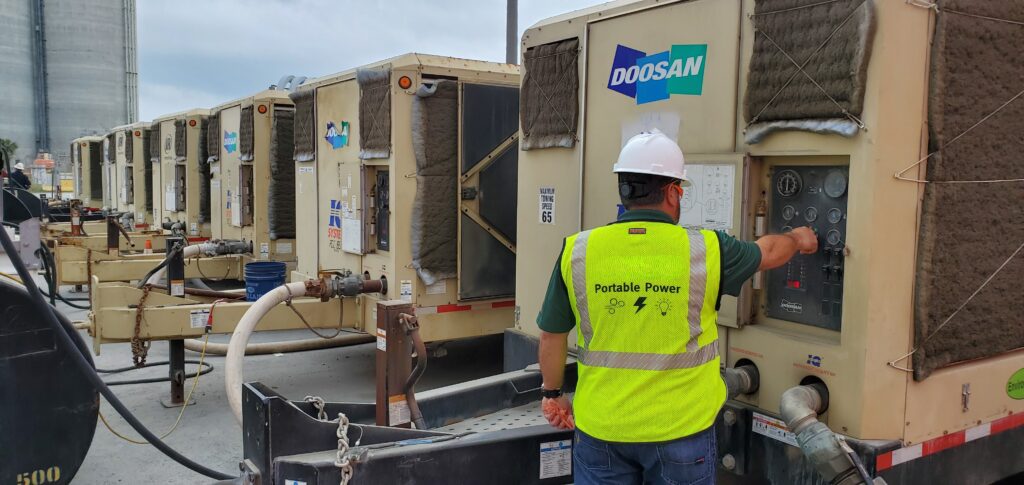Whether you’re working in construction, mining, or remote industrial operations, a reliable air compressor is essential for powering tools and equipment. Among the many options available, diesel air compressors stand out for their durability and power—especially on jobsites without easy access to electricity.
But with various sizes, ratings, and features, how do you choose the right one for your project?
Here’s a practical guide to help you make the right choice.
1. Determine Your Air Demand (CFM and PSI)
The first step in selecting a diesel air compressor is understanding the air volume and pressure your tools require. Two key specs to consider are:
-
CFM (Cubic Feet per Minute): Measures how much air the compressor delivers. Tools like jackhammers and sandblasters often require higher CFM.
-
PSI (Pounds per Square Inch): Measures the pressure the compressor can deliver. Most tools operate around 90–120 PSI, but some heavy-duty equipment may need more.
Tip: Always choose a compressor with at least 10–20% more CFM than your highest-demand tool to prevent pressure drops during peak use.
2. Match Compressor Size to Your Application
Diesel air compressors range from small portable units to large tow-behind models. Choosing the right size involves balancing mobility with power:
-
Compact/Portable Compressors (20–80 CFM): Great for smaller tools or temporary jobs.
-
Mid-Sized Compressors (90–185 CFM): Ideal for general construction and multiple-tool use.
-
Large Industrial Compressors (250+ CFM): Suited for mining, drilling, or continuous-use scenarios.
3. Consider Run Time and Fuel Efficiency
Diesel engines are known for fuel efficiency, but different models vary in how long they can run on a tank of fuel. For all-day use, choose a unit with a larger fuel tank and optimized engine speed control. Look for features like:
-
Auto-idle: Conserves fuel when tools are not in use.
-
Tier 4 Final Engines (U.S.): Ensure emissions compliance and reduce environmental impact.
4. Evaluate Portability and Terrain Handling
Jobsites can be rough, so mobility matters:
-
Towable Models: Equipped with sturdy wheels and hitches for easy transportation.
-
Skid-Mounted Units: Good for fixed placement applications.
-
Forklift Slots or Lifting Eyes: Help with safe handling and transport.
Make sure the model you choose fits your transport and setup needs.
5. Check Durability and Maintenance Needs
Harsh environments demand tough equipment. Look for compressors with:
-
Heavy-duty steel enclosures
-
Weather-resistant components
-
Easy-access panels for routine maintenance
-
Clear service schedules and part availability
Also, consider the manufacturer’s service network and warranty—especially for long-term use.
6. Noise Level Requirements
On certain jobsites, especially urban or residential ones, noise restrictions apply. Diesel compressors can be noisy, so check the decibel rating (dB).
Models with sound attenuation or specialized enclosures can significantly reduce noise pollution.
7. Buy New or Used?
Your budget and usage level will determine this:
-
New Units: Offer the latest technology, better fuel efficiency, and full warranties.
-
Used Units: Cost-effective when inspected and certified by a trusted seller like Power Trade X.
Final Thoughts
Choosing the right diesel air compressor means understanding your project’s air requirements, jobsite conditions, and budget.
The right compressor increases productivity, improves safety, and minimizes downtime.
At Power Trade X, we offer a wide selection of new and used diesel air compressors, and our team is always ready to help you find the perfect match for your needs.
Powering Your Success—One Compressor at a Time.
Browse our inventory today at www.powertradex.com.
Would you also like me to format this into a professional PDF brochure or blog post version if you plan to publish it?

